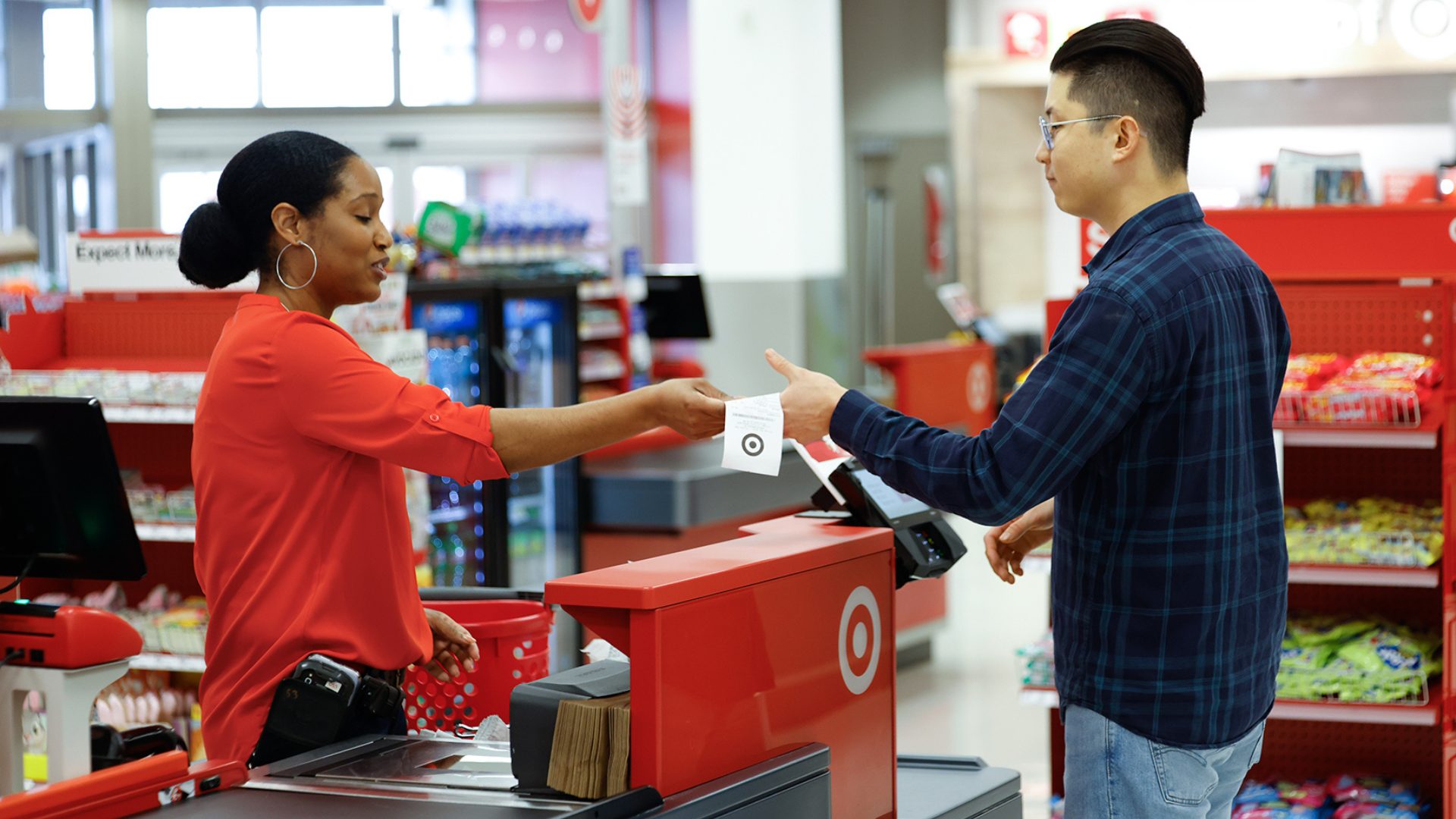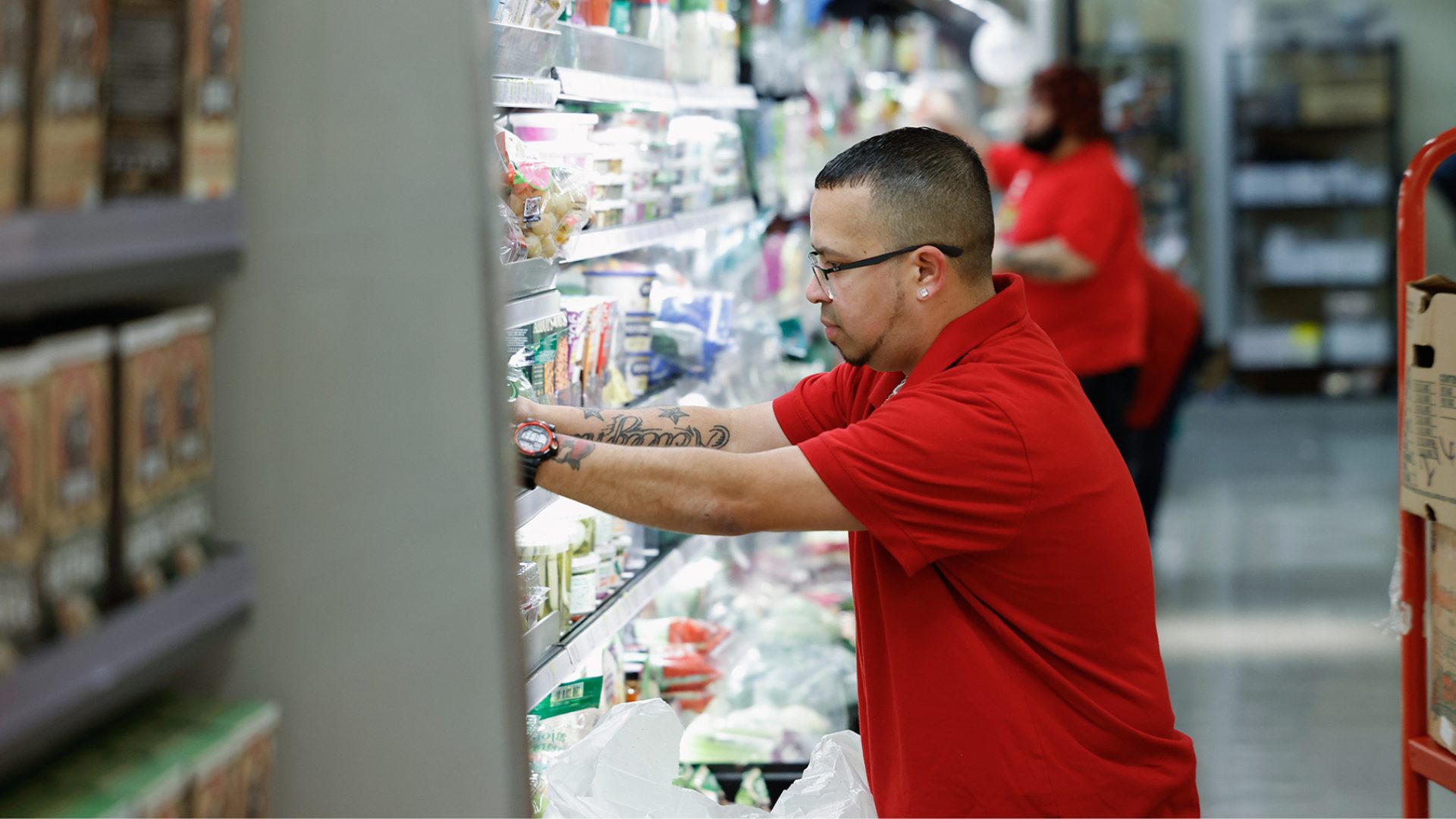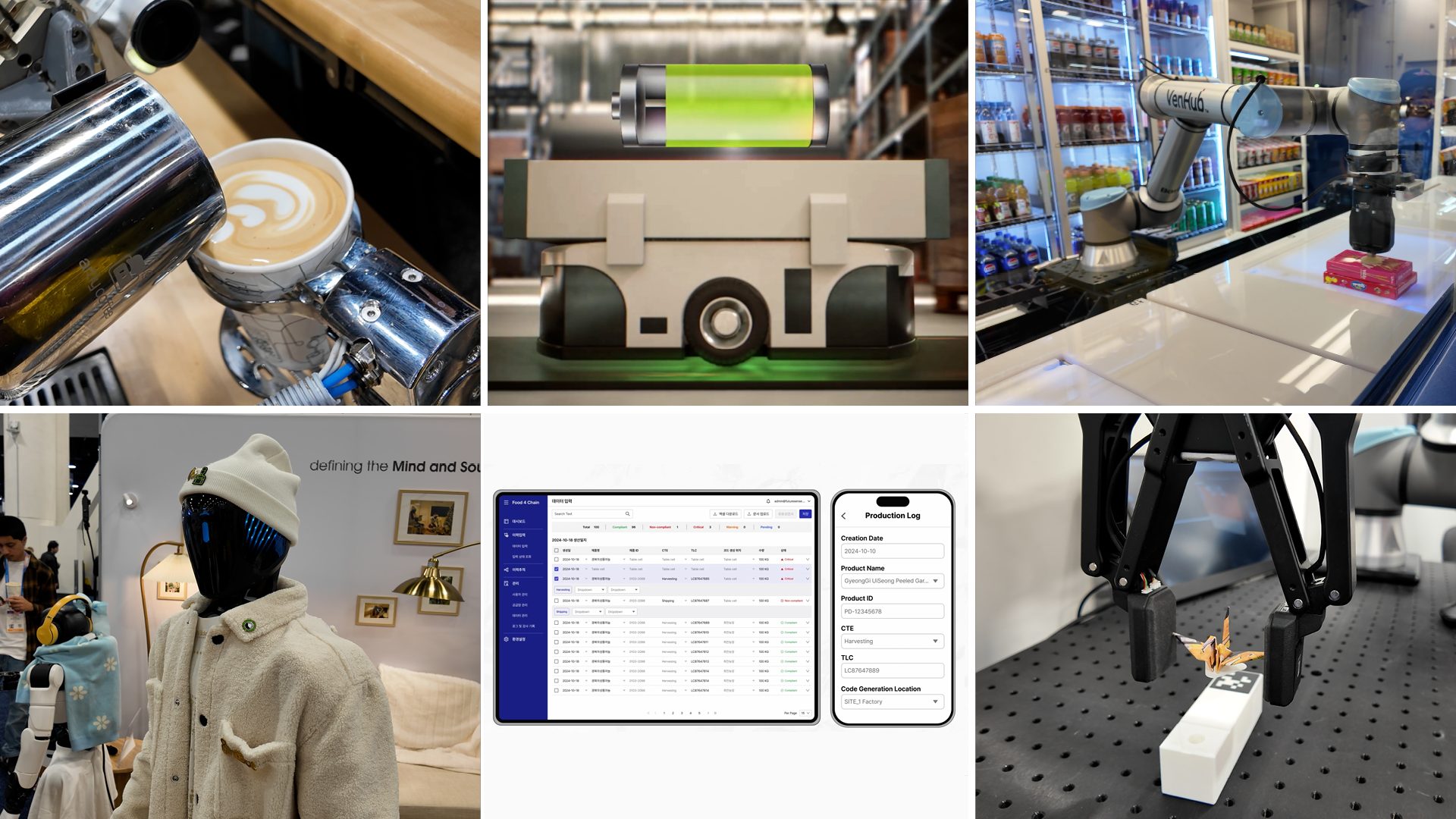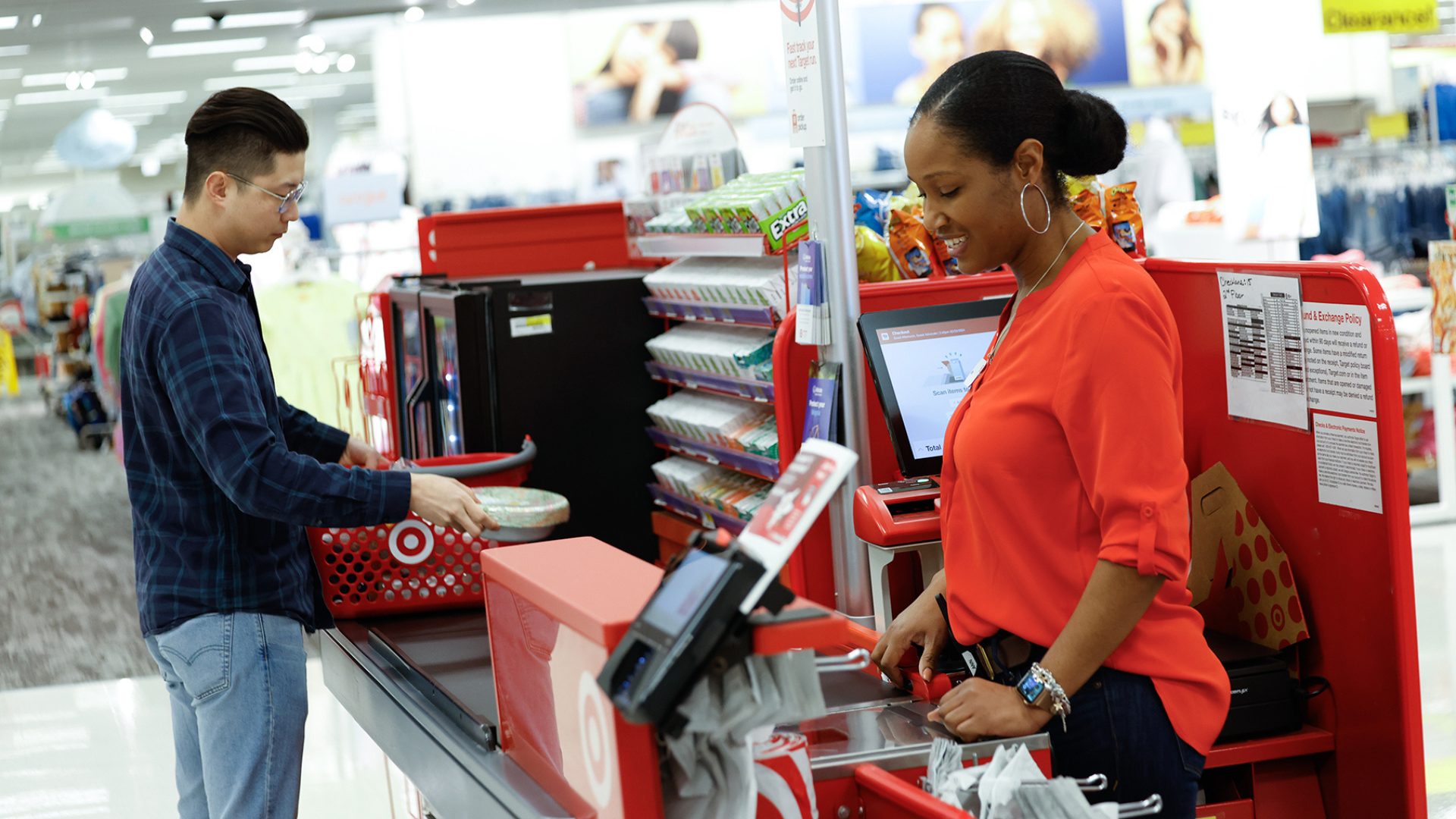At this point, it’s clear that Target is at a crossroads. It’s obvious from same-store sales, where Target has badly lagged rivals like Walmart, Costco, and Kroger; it’s obvious in the Target stock price. That price peaked in November 2021; since then, even with dividends, Target shareholders have lost more than half their investment. On the same basis, investors in the company’s three biggest peers have on average nearly doubled their money.
Even Target employees seem aware the company is facing very real challenges. As reported by the Wall Street Journal, an internal survey in June showed that about 40% of the company’s 260,000 workers said they lacked confidence in Target’s future.
To be sure, we don’t have similar surveys from Target rivals to cross check. But it’s hard to see even front-line workers at Walmart or Costco being concerned about growth, considering those companies continue to gobble up market share. Notably for Target, the survey sentiment was worse inside the company’s headquarters. In other words, the workers closest to Target’s broader strategy seem to be the ones most concerned about that strategy. At this point, it’s difficult to find anyone who isn’t.
To be sure, Target has been here before, as we wrote in May. In 2017, Target had released a string of disappointing financial results. Investors questioned the competence of CEO Brian Cornell and fretted that underinvestment meant the company had no way to catch up to the e-commerce capabilities of Walmart and Amazon. But Target proved the doubters wrong, with its same-store sales outpacing the industry and its stock price more than doubling in four years.
Should history repeat, it’s becoming increasingly evident it will do so in a different manner. Cornell is still in charge, but as part of a multiyear succession plan is preparing to retire. One of his lieutenants is reportedly up for the job, but a Wall Street analyst survey cited by the Journal noted that 49 of 51 institutional investors preferred that Target hire his replacement from outside the company. Another analyst this week made a similar plea for fresh blood, pointing to the success of outsider Herbert Joly during the 2010s at electronics retailer Best Buy.
Target’s new CEO will have a heavy lift. It’s difficult to see any area in which Target at the moment is well-positioned.
The retail giant hasn’t quite invested as much in e-commerce as Walmart or even Kroger, which leaves the company facing a group of suboptimal choices. It can ramp that investment, in which case it’s spending billions only to play catch-up with some of the best digital operators in the world.
Target can keep current capabilities and hope its brand can sustain higher prices. But consumers clearly are focusing on price above pretty much anything else at the moment, and, as a few observers have noted, the lack of automation and warehousing means in-store staff is already stretched by added omnichannel responsibilities. (That understaffing no doubt is in part responsible for the dismal employee sentiment.)
Or, Target can try to compete on price with Walmart and Amazon despite lacking the same infrastructure, which in turn strongly suggests limited profit margins and, as those rivals drive automation and scale, means Target at some point simply can’t sustain its competitiveness.
Even more daunting is the necessity of fixing Target’s brand.
Target supported and became associated with DEI (diversity, equity, and inclusion) efforts, which led to backlash and boycotts from the right. As Bloomberg noted this month, the company pulled back on some of its programs – and very obviously pulled back on its public discussion of the remaining efforts – only for that reticence to upset supporters on the left. Jamal Bryant, a well-known and well-respected Black pastor from Atlanta, has urged a boycott of Target because it isn’t supporting DEI enough; Bloomberg cited third-party data suggesting the boycott has had some effect on traffic to the stores from the African-American community.
There’s simply a lot of threading the needle required. In e-commerce, Target needs to invest enough, but not too much. It needs to stay somewhat politically engaged to satisfy loyal customers without turning off potential critics. Its private label brands have value and have had success, but aren’t quite as synonymous with value as, say, Costco’s Kirkland; finding a way to simplify those offerings without disappointing existing consumers of smaller owned brands provides yet another challenge.
The history of retail does show success is possible: Target itself has come back from the brink before, as have Best Buy, Lowe’s, and Dollar General (which itself is trying to repeat history). But the industry is also littered with a number of once-powerful brands who got off the right path and could never find their way back. Target has pulled that trick off once, but even its own workers question whether it can do it again.
Vince Martin is an analyst and author whose work has appeared on multiple financial industry websites for more than a decade; he’s currently the lead writer for Wall Street & Main. He has no positions in any companies mentioned.
The Food Institute Podcast
How will the One Big Beautiful Bill Act (OBBBA) impact your food business? Unraveling the implications of new legislation is never easy, but Patrick O’Reilly and Jeff Pera of CBIZ explain how provisions of the bill related to no tax on tips, depreciation and expensing of capital purchases, and research and development will impact the industry.












